The third generation of Porsche’s SUV readies itself for another reinvention
The Porsche Cayenne was borne out of necessity but ended up leading the pack, transforming the brand’s fortunes by putting the ‘sport’ into SUV
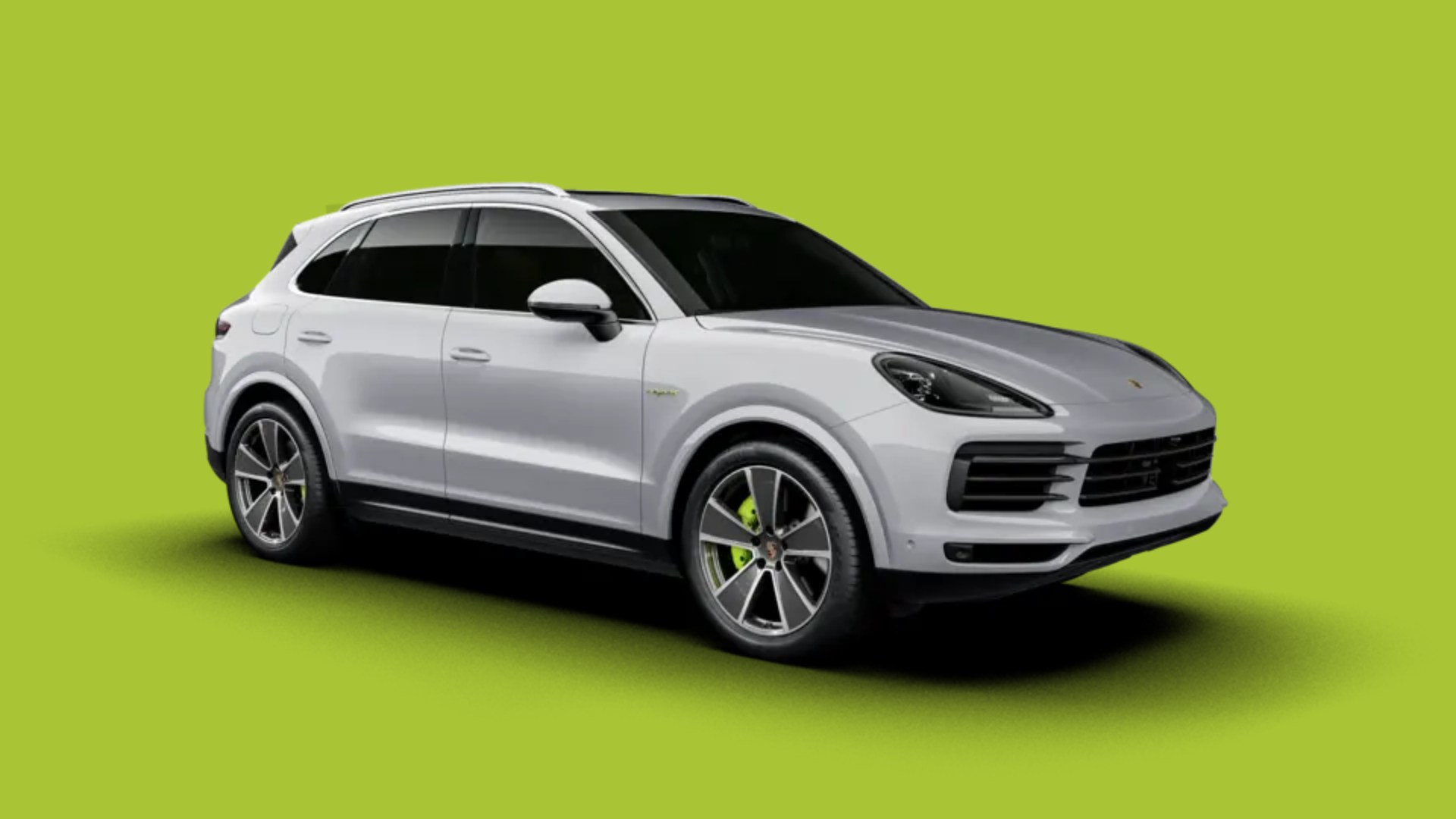
In a few weeks’ time, Porsche will unveil a radically upgraded version of its biggest SUV, the Porsche Cayenne. Promising ‘one of the most extensive product upgrades in the history of Porsche’, the new car will have to set fresh standards in a sector that’s living on borrowed time, the high-performance SUV.
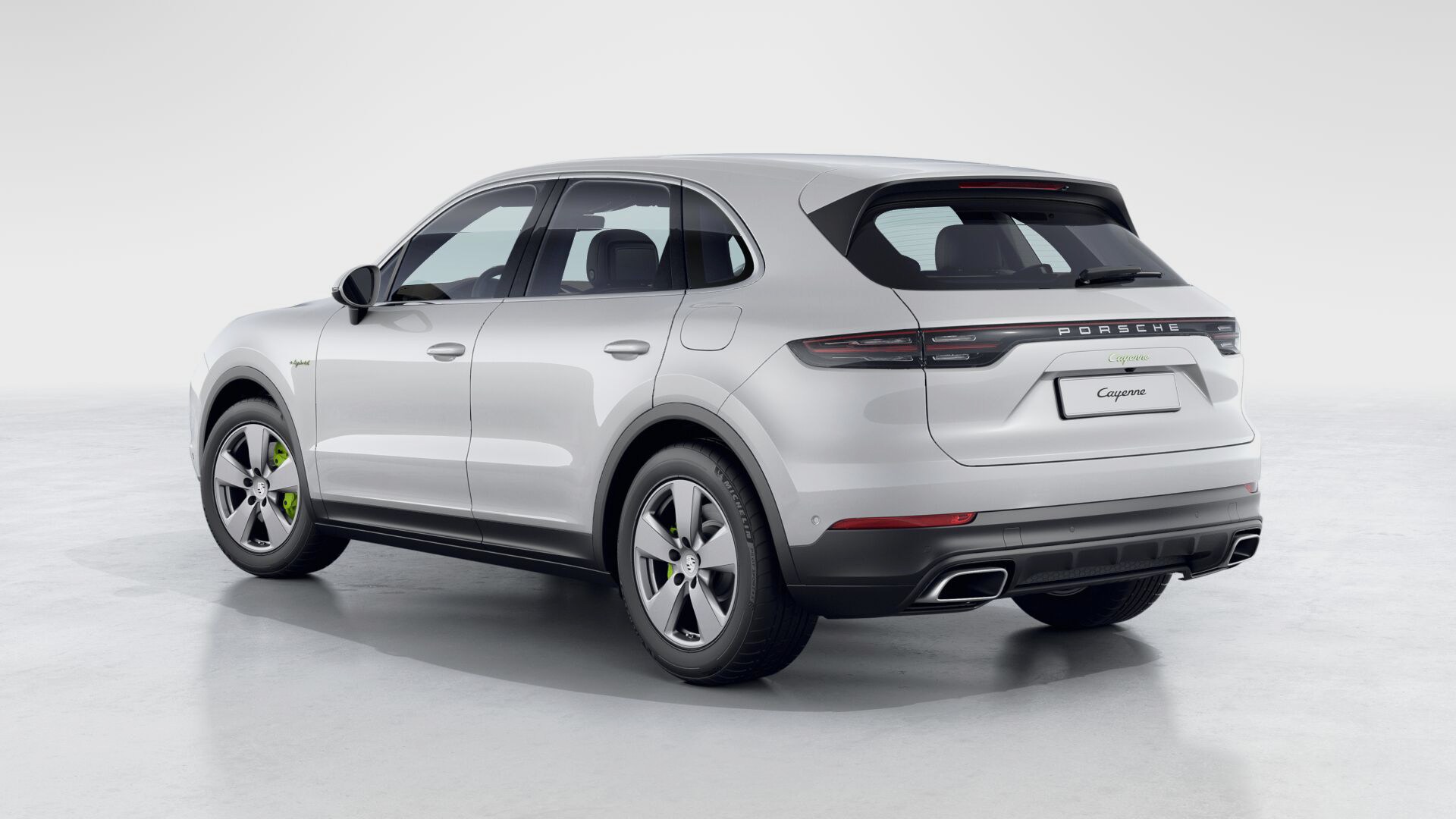
Porsche can lay some claim to having invented the whole genre, way back in 2002, when the very first Cayenne rolled off the production line, soundtracked by the wailing and gnashing of teeth of the company’s most rabidly faithful customers. Could a high-riding four-door SUV ever be called a Porsche?
Clearly it could, because the Cayenne was an instant runaway success. Buyers were more than willing to overlook the fact that the new car shared a great deal with Volkswagen’s Touareg and the Audi Q7, giving these SUVs an economy of scale that only added to their profitability.
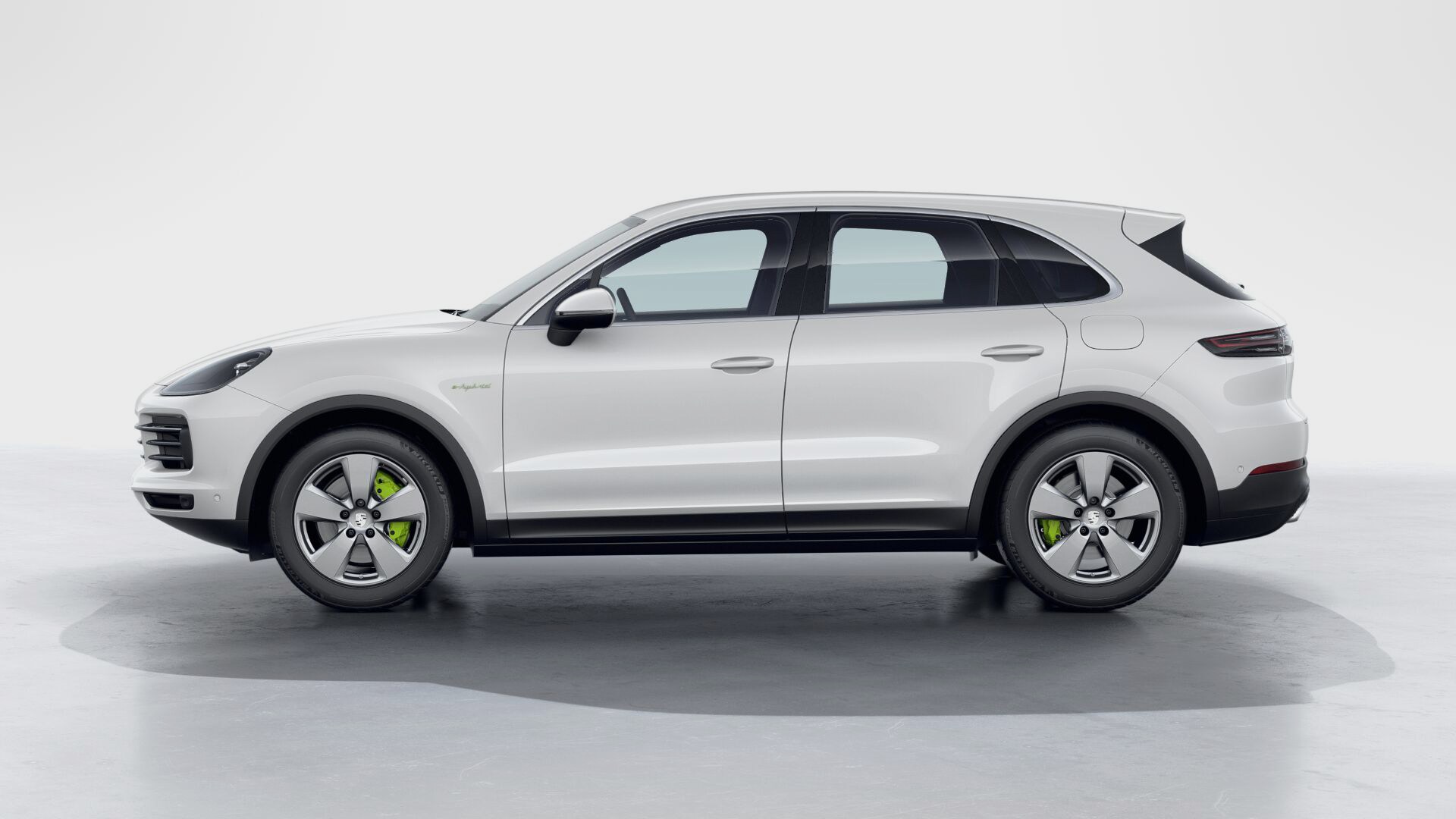
Big SUVs are never going to be conventionally attractive – ‘handsome’ is as close as they’ll get to a compliment. The second-generation Cayenne, revealed at Geneva in 2010 was a substantial aesthetic improvement, and this car, the third generation, has been going strong since 2017, with even more deft use of design to mitigate its size and stance. Big, but undeniably handsome, it sits on the Volkswagen Group’s widely used and highly flexible MLB platform, currently underpinning around 15 models from VW, Audi, Bentley, Porsche and Lamborghini.
Porsche Cayenne e-hybrid
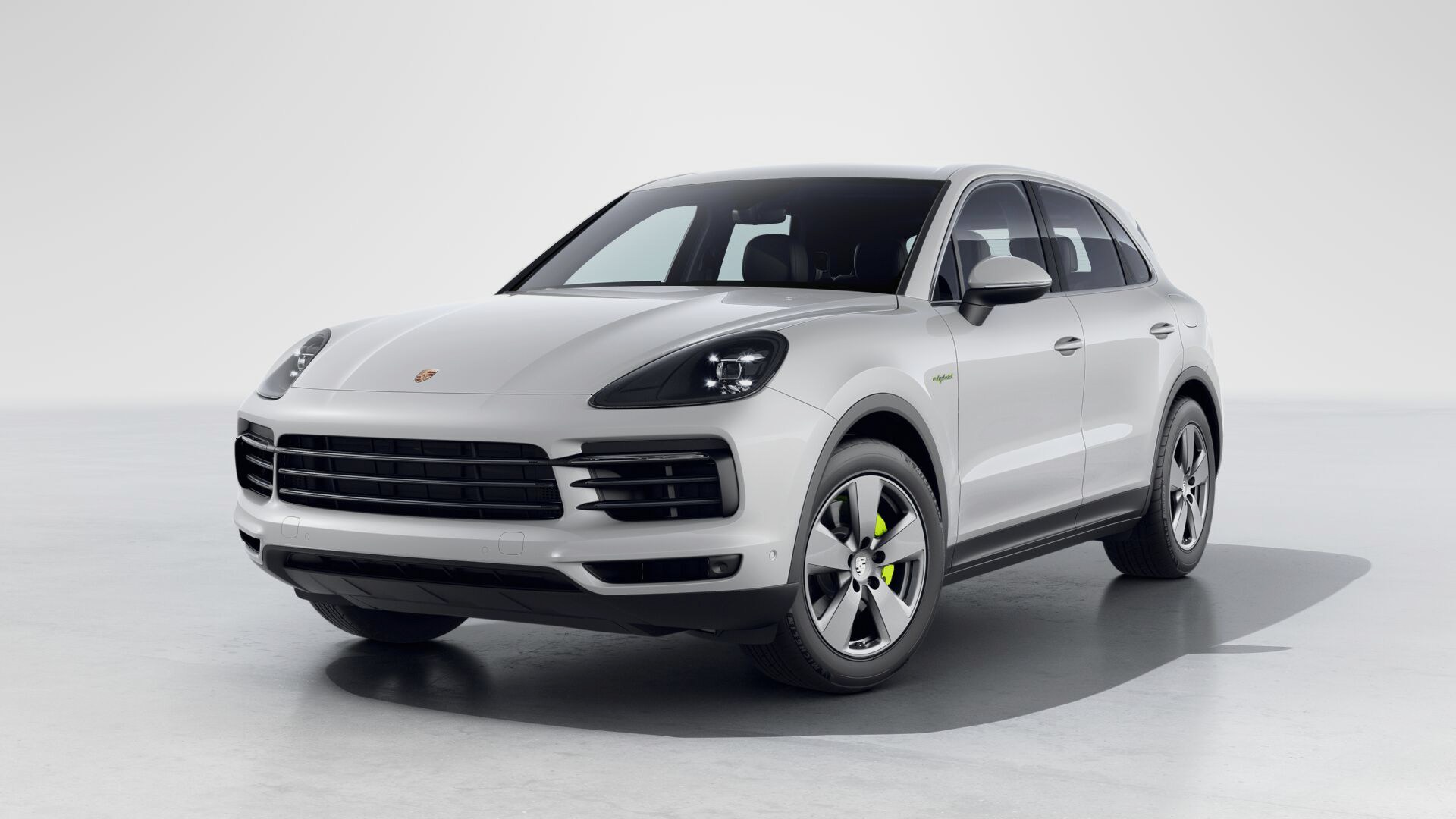
In e-hybrid guise, tested here, the Cayenne treads as lightly as a full-size SUV can, offering the option of an all-electric mode for a commute’s worth of silent, zero-emission driving, or the chance to bolster the V6’s performance with a zap from the battery, or even the ability to simply charge the battery up while you’re motoring along the highway.
Whatever your thoughts on the validity of hybrid cars in a fast-electrifying world, there’s no doubt that the Porsche approach is one of the best. If you’re determined to stick with pure petroleum, the Turbo model offers a twin-turbo V8. The range is topped by the Turbo GT ‘coupé’ version, in the current debased parlance, with a lower, less practical, sweeping roofline and a sticker price over double that of the lowly entry-level model.
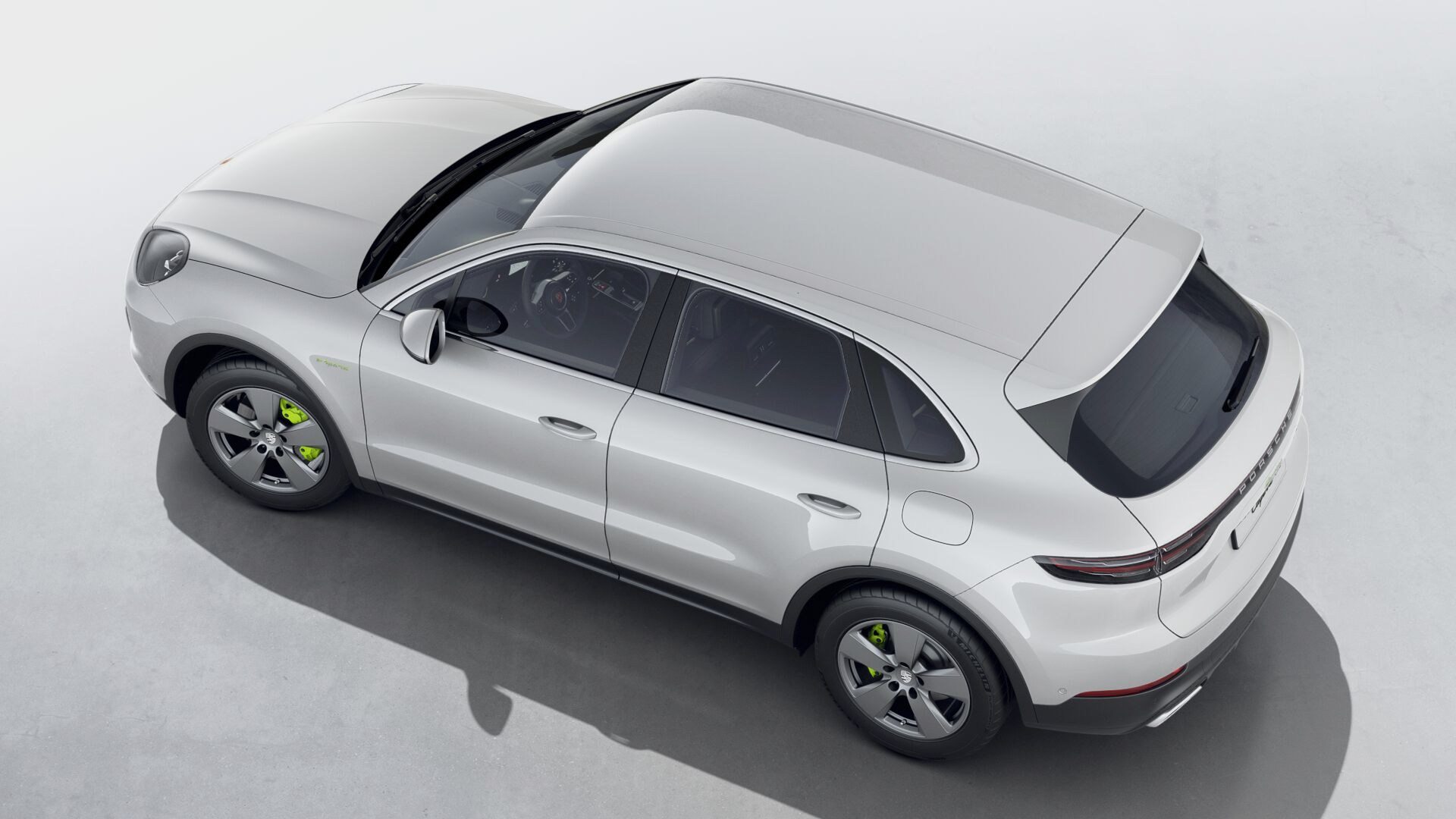
On the road, the Cayenne handles in a way that belies its size, an illusion countered only by the fact that it is a massive car by any standards. We’d personally prefer the slightly smaller and rather nimbler Macan as a way of combining our Porsche fix with four-door practicality. Better still, the Cross Turismo versions of both Taycan and Panamera do an even better job of blending Porsche’s much-vaunted visual values with everyday ease of use.
Receive our daily digest of inspiration, escapism and design stories from around the world direct to your inbox.
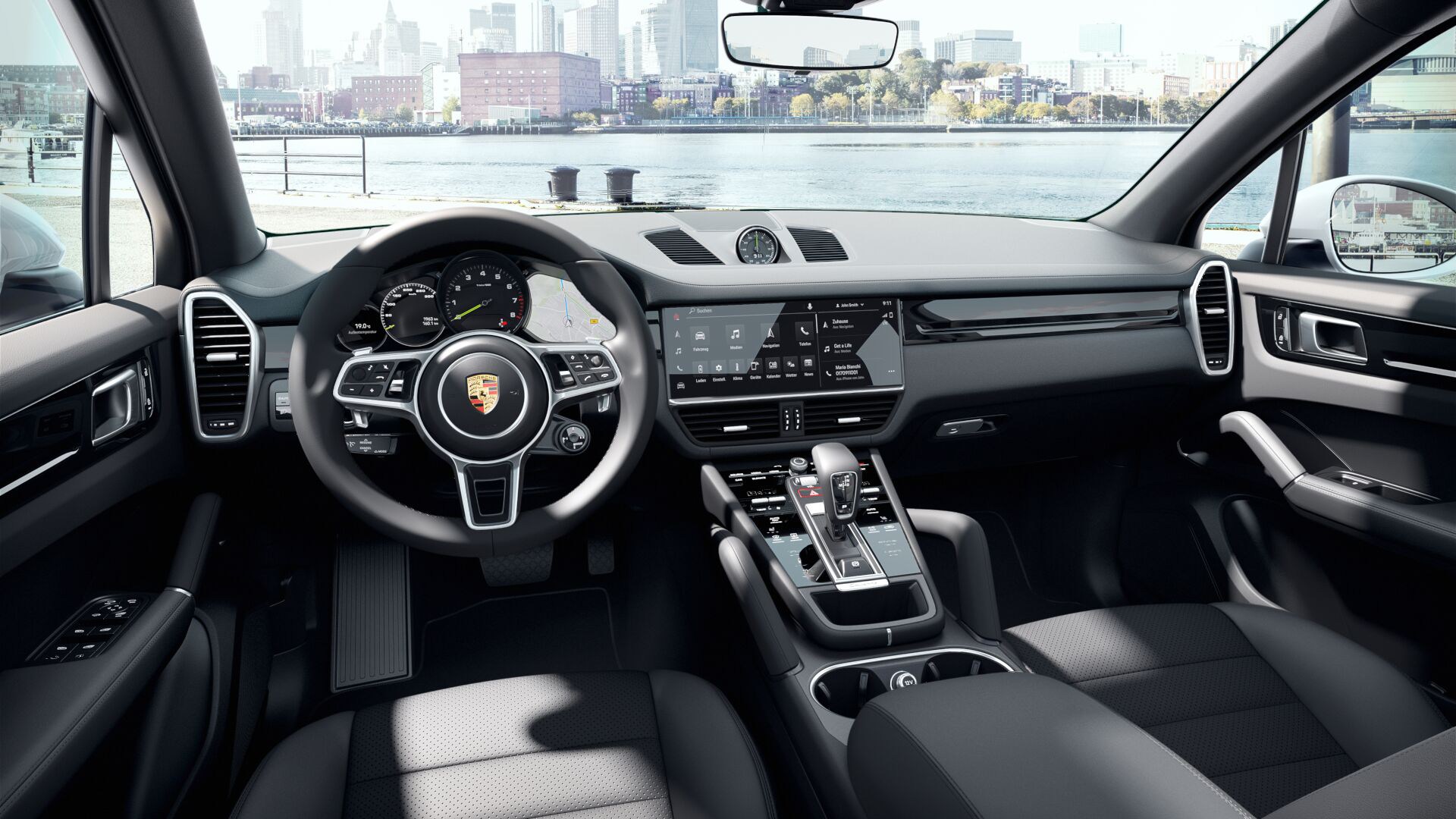
Rumour has it that the wizards of Weissach are readying an even bigger model – all-electric, naturally – that will have up to seven seats and combine a sense of luxury, sportiness and space, in a way hitherto alien to the brand. At this point, consultants and sages of the golden rules of brand guidance might just as well give up, because these days, any brand can build anything, as long as it wears its badge with pride and poise.
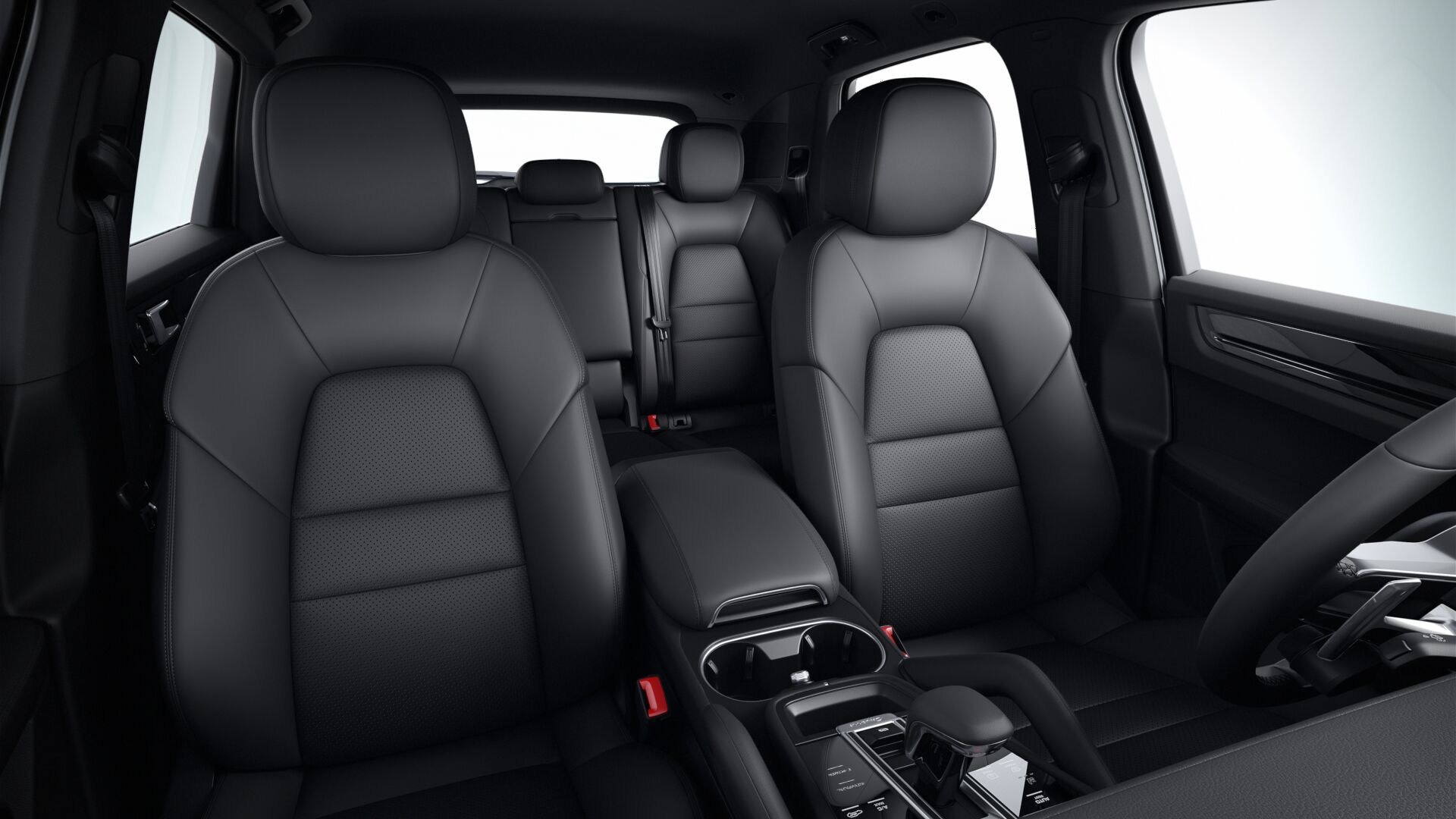
We’re seeing a steady shift away from ‘traditional’ SUV-style cars in the super-luxury segment, as longer, lower ‘crossover’ forms become increasingly favoured. Porsche is apparently saving full electrification for its next-generation Macan and 718, with the 911 – and perhaps the Cayenne too – being given hybrid power for the time being. No doubt the next iteration of the Cayenne will improve on every metric, mechanically as well as stylistically. It’ll also be the last time that pure combustion will shape this powerful car, suggesting that the rule of the conventional SUV is starting to draw to a close.
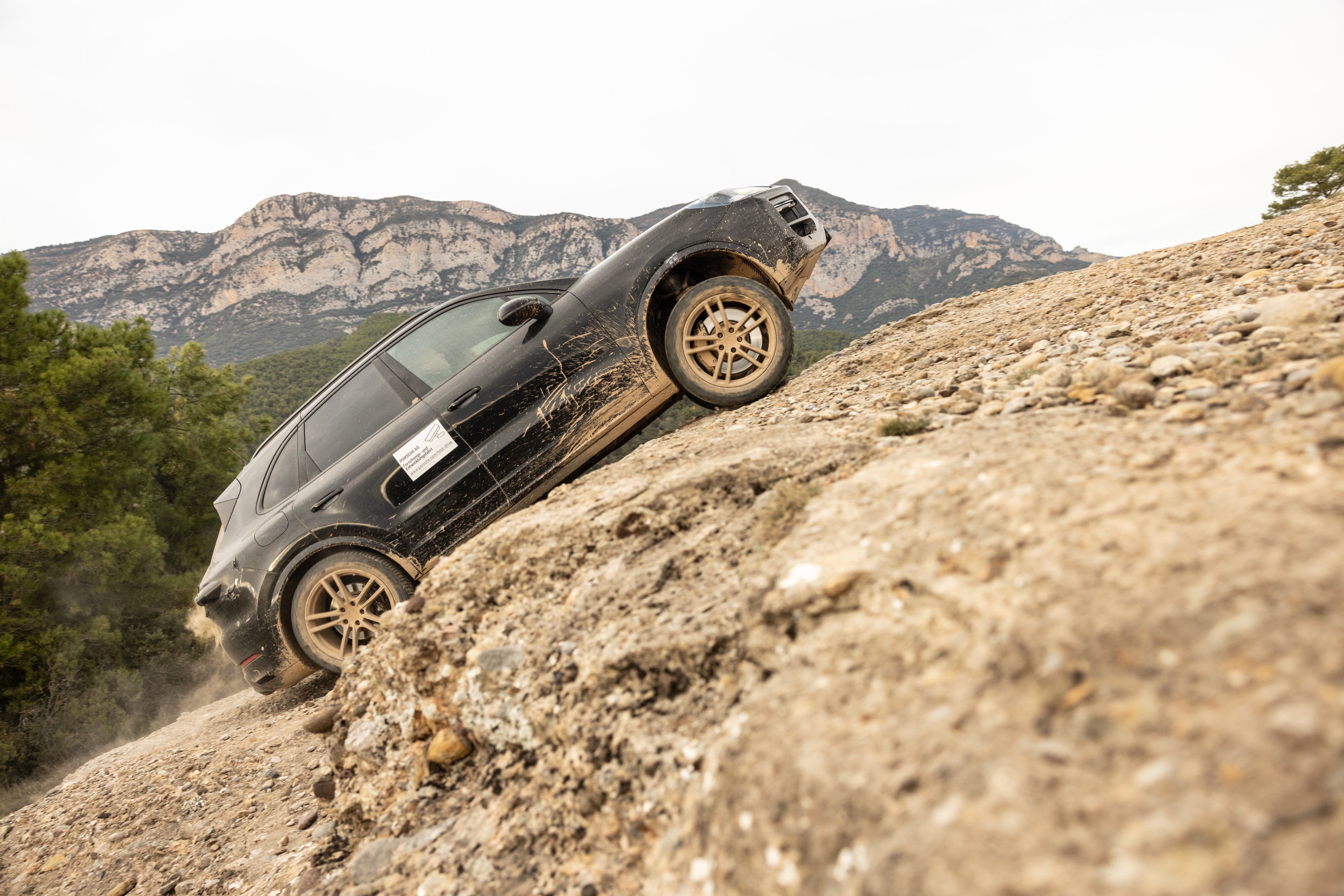
The upgraded 3rd generation Porsche Cayenne undergoing testing
Porsche Cayenne e-hybrid, from £73,800, Porsche.com
Jonathan Bell has written for Wallpaper* magazine since 1999, covering everything from architecture and transport design to books, tech and graphic design. He is now the magazine’s Transport and Technology Editor. Jonathan has written and edited 15 books, including Concept Car Design, 21st Century House, and The New Modern House. He is also the host of Wallpaper’s first podcast.